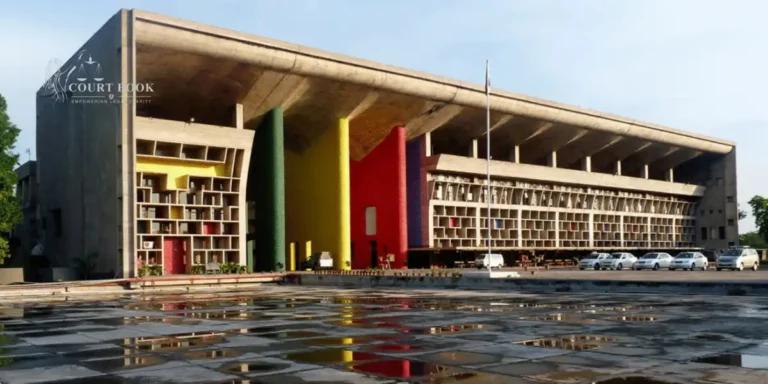The Punjab & Haryana High Court has ruled that the Right to Information (RTI) Act cannot be misused to harass employees by seeking information with an ulterior motive. The decision came in response to a writ petition filed by the Punjab State Federation of Co-operative Sugar Mills Ltd., challenging an order of the State Information Commission, Punjab.
Court’s Observation
Justice Harsimran Singh Sethi noted:
"The RTI Act, 2005 was enacted to promote transparency in government departments. However, it does not grant an individual the right to seek information with a motive that results in harassment of employees."
Read Also:- Punjab & Haryana HC Modifies 100-Year-Old Man’s Murder Conviction, Says Lathi Not a Weapon
The case involved an RTI application seeking extensive details about the sale and auction of Molasses, Baggasse, and Press Mud by the Cooperative Society. The applicant requested records of minimum bidders, government orders, tender documents, bidder details, and contracts awarded.
The court observed that the request primarily sought third-party information, which is protected under Rule 8 of the RTI Act. Justice Sethi emphasized:
"Third-party information, including details of bidders and documents submitted, cannot be disclosed under the RTI Act, as such disclosure is legally restricted."
Reliance on Supreme Court Precedent
The High Court referenced the Supreme Court's decision in Central Board of Secondary Education & Another v. Aditya Bandopadhyay (2011), which emphasized the necessity of balancing transparency with confidentiality. The Supreme Court had ruled:
"While RTI is a powerful tool to promote transparency, indiscriminate disclosure of information unrelated to public accountability can hinder administrative efficiency and lead to misuse."
Furthermore, the Supreme Court in Canara Bank v. C.S. Shyam (2017) held that personal information of employees is exempt from disclosure unless justified by a larger public interest. The Punjab & Haryana High Court applied this reasoning, stating:
"Requests for certified copies of employee-related records and expenditures of the Cooperative Society fall within the scope of personal information and are exempt under Section 8(1)(j) of the RTI Act."
The court found that the information requested was not in the interest of public accountability but rather intended to harass the Cooperative Society. It also noted that the complainant had shown no active interest in pursuing the matter for a decade, further weakening the case for disclosure.
Considering these factors, the High Court set aside the orders of the State Information Commission and ruled in favor of the petitioner, Punjab State Federation of Co-operative Sugar Mills Ltd.
Mr. Rahul Sharma-I, Advocate, for the petitioner(s). Ms. Akshita Chauhan, DAG, Punjab.
Title: Punjab State Federation of Co-operative Sugar Mills Ltd. v. The State Information Commission, Punjab and another















